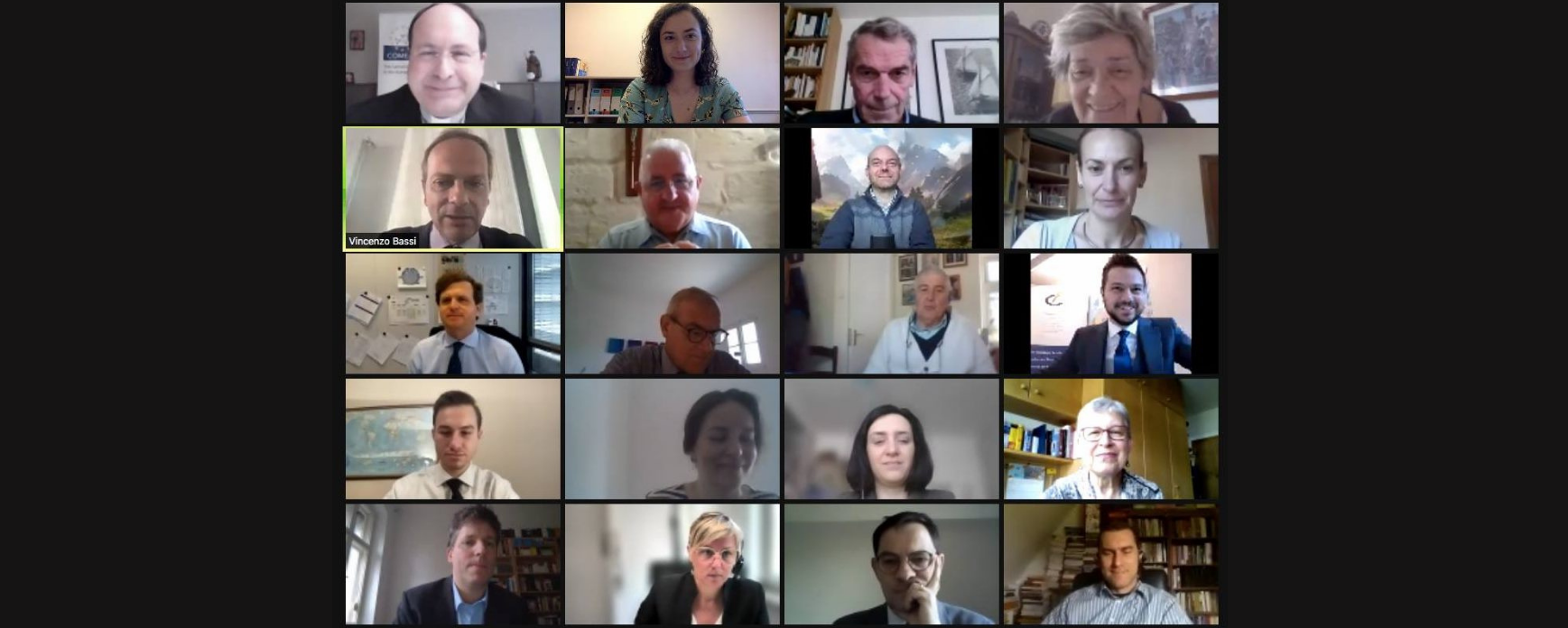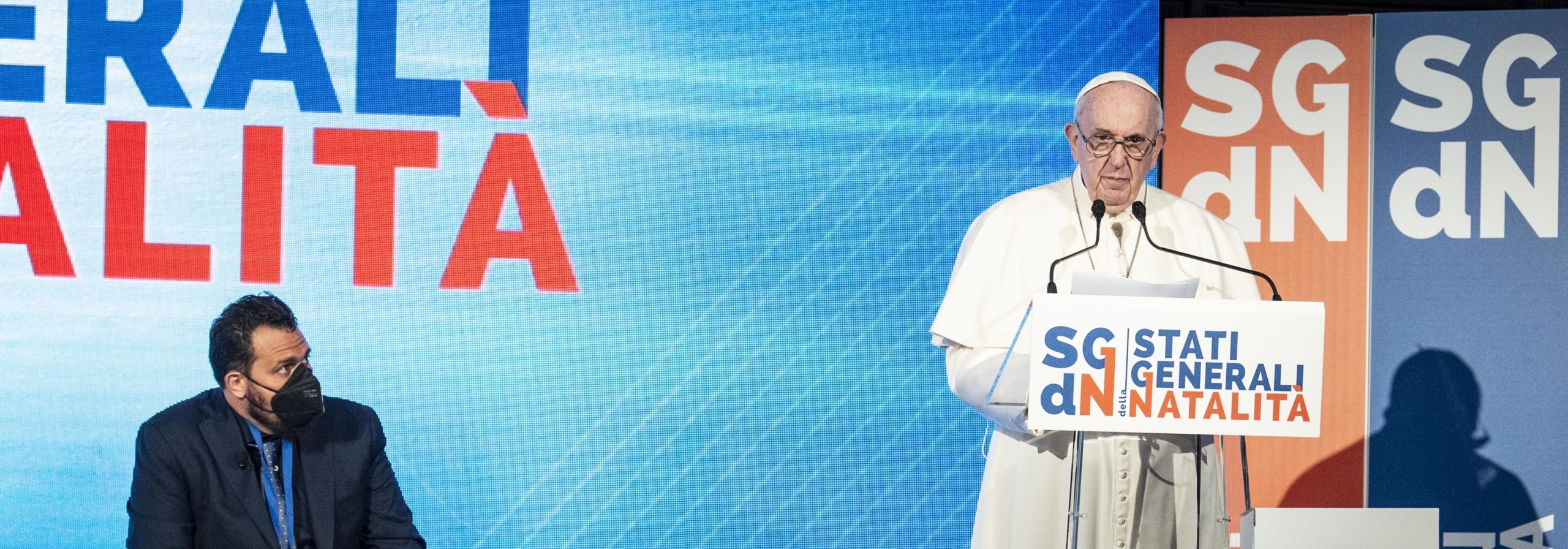Sexual education
FAFCE 2021 Spring Board Resolution: The Family is the Democratic and Demographic Future of Europe
27 May 2021 FAFCE Board Resolution on the Conference on the Future of Europe The Family is the Democratic and Demographic Future of Europe 27 May 2021 As a consequence of the launch of the Conference on the Future
PRESS RELEASE | FAFCE Board Members adopt a Resolution on “The Family is the Democratic and Demographic Future of Europe”
Not only does the family constitute the first school of social and civic life by teaching children how to interact with others in a respectful and complementary manner based on compromise, it also affirms the importance of these values for parents and grandparents, who learn to make sacrifices for others and experience the unique freedom created through responsibility.
EU Parliament Approves Initiative on “Reversing demographic trends in EU regions using cohesion policy instruments”
25 May 2021, On Thursday, 20 May 2021, the European Parliament adopted a report on “Reversing demographic trends in EU regions using cohesion policy instruments" (Rapporteur: Daniel Buda, EPP, Romania). The report marks an positive step towards a more
INVITATION | Webinar on Demographic Change and the Future of Europe (3 June 2021, 16.30-17.30 CEST)
The Federation of Catholic Family Associations in Europe, in cooperation with The EPP Working group 'Intercultural and religious dialogue' invites you to a Webinar on Demographic Change and the Future of Europe Thursday, 3 June 2021 16.30-17.30 (Brussels time)
INVITATION | FAFCE Webinar on “Family work-life balance in times of change: a tool to support intergenerational solidarity” (2 June 2021, 13.00 – 15.00 CEST)
The Federation of Catholic Family Associations in Europe is happy to invite you to a webinar on Family Work-Life Balance in Times of Demographic Change a Tool to Support Intergenerational Solidarity 2nd of June 2021 13.00 - 15.00 CEST
Pope Francis Calls for Generational Sustainability at the General States of Birth
21 May 2021, On May 14th, 2021, Pope Francis delivered an inspiring address that marked the opening of the Stati Generali della Natalità, or the General States of Birth, in Italy, as we announced at the beginning of May.







